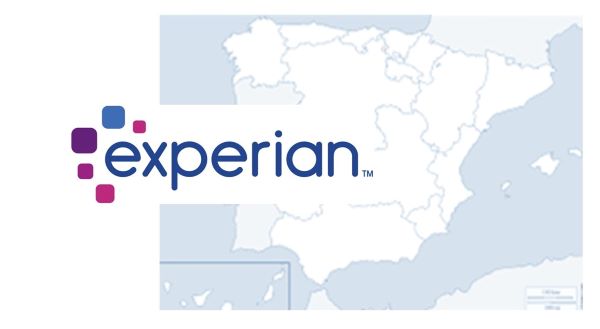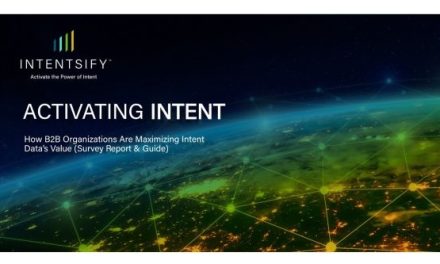After the acquisition of Axesor, Experian offers an X-ray of the credit, delinquency and entrepreneurship situation of companies, freelancers and individuals in Spain.
Spanish Entrepreneurship has Decreased by 13% in the Last Year: Hotels, Leisure and Entertainment are the Sectors Most Affected
Spanish entrepreneurship is not at its best as a direct consequence of the coronavirus pandemic. The sector has decreased by 13%, with a total of 79,498 new entities constituted compared to 91,433 the previous year. By sectors, the most affected are hospitality and activities related to leisure and entertainment, where the creation of new companies plummets by 30% and 39.7%, respectively, as reported by Experian , the only service provider in Spain of information on companies and individuals after the recent purchase of Axesor, a financial, commercial and non-payment information services company specialized in SMEs and the self-employed. After the acquisition, the multinational has a global vision of the credit and delinquency situation in our country.
The pandemic has been a challenge for companies and data has become a key asset; after the acquisition of Axesor, Experian is positioned as a leader in the information services market in Spain. “Our new combined capabilities allow us to reach more customers, small and medium-sized businesses, as well as freelancers, as well as large companies. Right now we are the only meeting point for commercial and private information, analytics and technology in our country. We put innovation at the service of customers, we are able to offer an analytical capacity of the financial situation of the country unprecedented to date”, explains Rita Estévez Luaña, Managing Director of Experian in Spain and Portugal.
As for the interests of entrepreneurs in the last 12 months pandemic the agriculture, forestry and fishing (+ 4.17%) and activities related to transport and storage (+ 2,49%), driven by increased electronic commerce, are sectors that manage to register year-on-year increases in the number of registered constitutions.
Vision of the bankruptcy situation and defaults and delinquencies in Spain in the last year
The economic crisis of the coronavirus is one of the direct consequences of the increase in the rate of defaults and delinquencies in Spain for companies and individuals. In fact, the default rate is expected to reach 8-9% this year. “Defaults by individuals and companies have increased in the last year as a result of Covid-19, but the situation will worsen in the coming months when, on the one hand, the government aid from ERTEs associated with the State of Alarm and the companies have to face numerous expenses with a significant decrease in income compared to other years, and on the other, the moratoriums that banks have granted to individuals on mortgages and consumer loans or any other type of financing”, says Rita Estévez Luaña.
According to the data of this company, which has the most complete database of information on financial profile and solvency of the company and the self-employed, between April 2020 and March 2021, the first year of Covid19, at the business level, bankruptcy procedures decreased by 8.5% compared to the same period of the previous year with a total of 4,425 bankruptcy proceedings, largely thanks to the measures on bankruptcy moratoriums adopted by the Government, which have acted as a retaining wall against the increase in bankruptcy proceedings that were foreseen as the culmination of a disastrous year for the business community in Spain.
Hospitality, with 589 bankruptcy proceedings, is the sector with the highest increase, 77% more. It is followed by the education sector where the interannual increase in the number of bankruptcy proceedings is 63%.
Regarding individuals, it is worth highlighting an increase in the amount of defaults on certain lines of financing such as credit cards 34%, 28% in consumer financing and 18% in personal loans. In the case of mortgages, non-payment remains practically unchanged due to the cushioning effect of defaults.
Obtaining data in real time and analytical capacity, essential for companies to gain predictability in the face of uncertainty
Companies of all sizes will benefit from solutions that combine commercial data, personal data that come from traditional sources such as the credit bureau and alternatives such as those from Open Banking, among others. The company is also an expert in data analysis that, through innovative global platforms, are able to improve decision-making in terms of credit risk management, verify the identity of users and prevent online fraud and generate money laundering prevention solutions, in addition to making Marketing decisions that help businesses make better investments and maximize profits. For its part, Advanced analytics and Machine Learning are able to drill down into the data that help to better understand current and future customers and predict their behavior. All of this is essential to obtain greater predictability in the face of uncertainty.
The innovation is the common denominator of the new value proposition Experian. With a transversal technology that integrates automated platforms for decision making: Powercurve, Ascend, monitoriza® and investiga®. In addition, Marketing Intelligence solutions such as GeoMarketing Xpert® are added to the Experian portfolio, which allow optimizing decision-making for those responsible for marketing, expansion and sales.
Note: This acquisition includes Axesor Conocer para Decidir, SA, as well as the subsidiary Axesor Business Process Outsourcing, SL. But does not include the other companies of the Axesor Group, such as the European Credit Rating Agency, Axesor Rating, nor its international credit risk management, whose main  product is the Axesor 360 platform and which will continue to be supported by Axesor 360 commercial offices.
product is the Axesor 360 platform and which will continue to be supported by Axesor 360 commercial offices.
Source: Experian Press Release


























